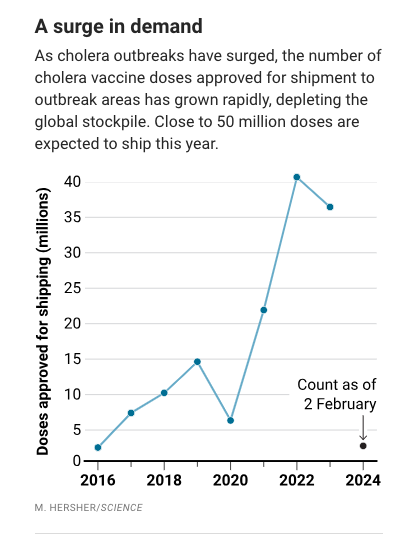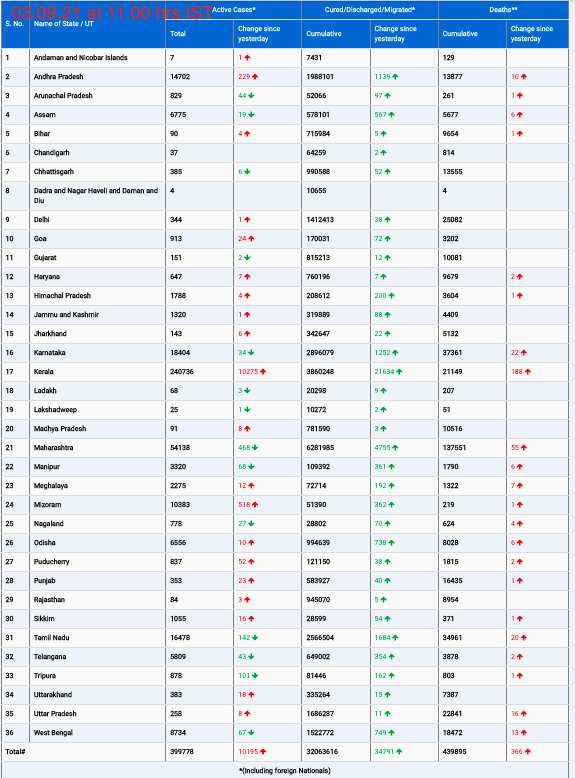The world is facing a dire shortage of cholera vaccines just as the deadly disease is experiencing a resurgence not seen in many years. With fifteen countries currently grappling with active outbreaks, the scarcity of oral cholera vaccines in the global stockpile has reached a critical level, posing significant challenges for health organizations worldwide.
Philippe Barboza, the cholera team lead at the World Health Organization (WHO), disclosed on February 23rd that all available doses of oral cholera vaccines have been allocated until mid-March. This leaves no buffer for unforeseen outbreaks or preventive campaigns, exacerbating an already precarious situation.
The catastrophic shortage stems from a surge in cholera cases coupled with an overreliance on a single vaccine manufacturer, EuBiologics in Seoul, South Korea. The limited production capacity of this manufacturer has contributed to the current crisis, leaving health authorities scrambling for solutions.
Daniela Garone, the international medical coordinator at Doctors Without Borders (MSF), lamented the absence of a short-term solution to increase vaccine production. However, there is a glimmer of hope on the horizon. EuBiologics is endeavoring to ramp up the production of a simplified vaccine, and companies in South Africa and India are gearing up to enter the market as well.
According to Julia Lynch, director of the cholera program at the International Vaccine Institute (IVI), the shortage is expected to ease in 2024 and could be substantially addressed by 2025. By 2026 or 2027, the market for cholera vaccines may even become crowded, offering a more stable supply in the future.
Cholera, caused by the Vibrio cholerae bacterium, induces severe diarrhea, leading to the expulsion of significant fluid volumes from the body. The current surge in cases, which began in late 2022, has been attributed in part to climate change. Extreme weather events in various countries have disrupted health and sanitation infrastructure, creating favorable conditions for the bacterium to spread.
The global stockpile of cholera vaccines, managed by an International Coordinating Group on Vaccine Provision, has been instrumental in responding to outbreaks swiftly. However, the shortage has forced difficult decisions, such as halting the administration of second doses and prioritizing vaccine distribution in severely affected regions.
To address the shortfall, EuBiologics has developed a simplified vaccine formulation, Euvichol-S, which promises increased production capacity and affordability. Additionally, efforts are underway to establish vaccine production facilities in South Africa and India, diversifying the supply chain and reducing dependence on a single manufacturer.
While vaccines play a crucial role in controlling cholera outbreaks, experts emphasize that sustainable solutions lie in improving access to clean drinking water and sanitation facilities. Nevertheless, until such measures are implemented on a large scale, the urgent need for more vaccines remains paramount in saving lives and curbing the spread of this deadly disease.











